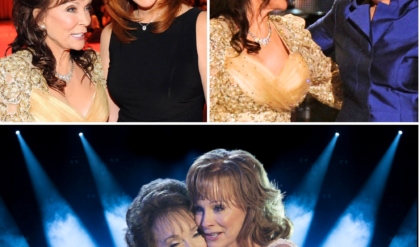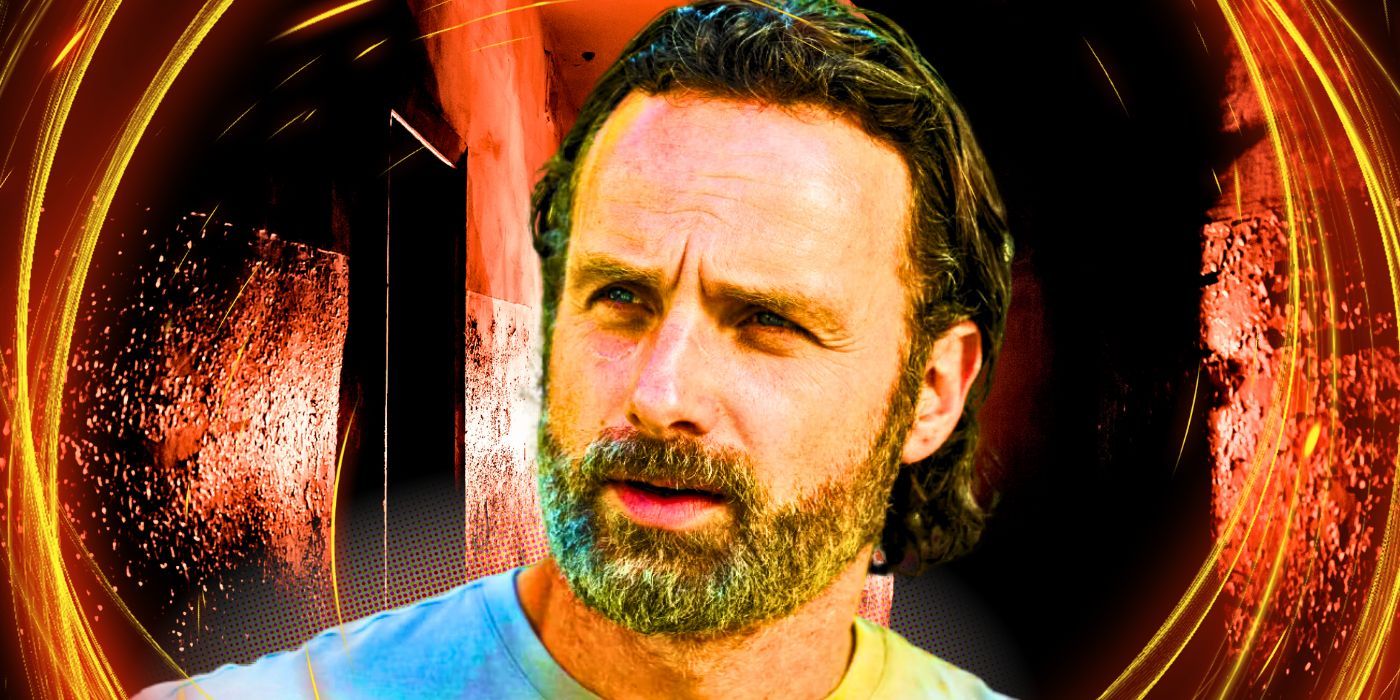
Due to all the time that’s gone by in The Walking Dead timeline since Rick’s exit from the main show, there were a lot of expectations when it came to Rick’s highly-anticipated return to the franchise. Not only did it have several questions to answer about his whereabouts and activities over the past few years, but it also had to address the personal toll Rick Grimes’ absence from Alexandria has taken on his character. The Walking Dead: The Ones Who Live has dealt with this issue extensively, and by exploring the ways in which Rick has coped with it, the spinoff offered a new interpretation of a core part of the franchise’s identity.
Rick Grimes Is “The Walking Dead” In The Ones Who Live
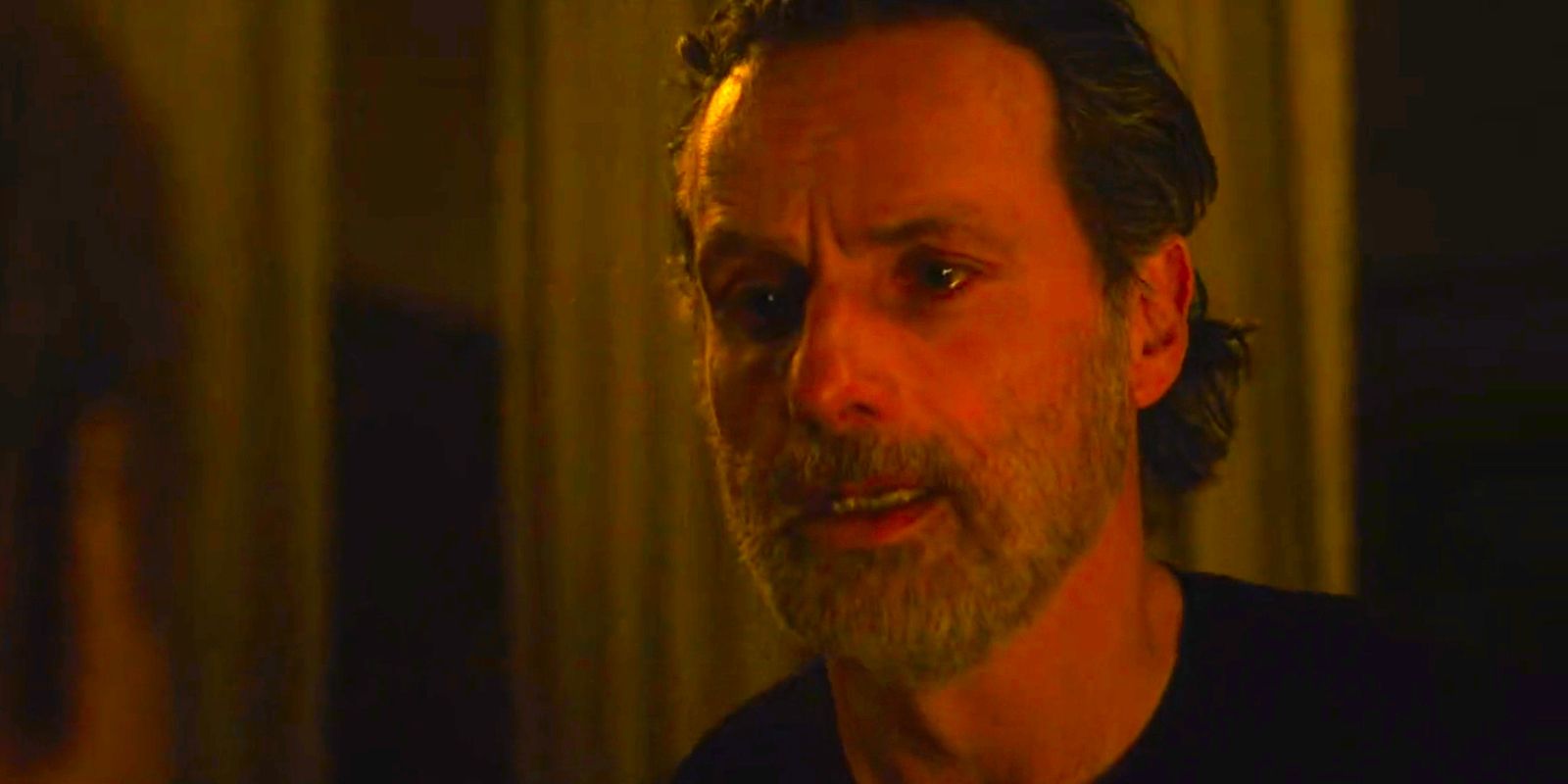
An exchange in The Walking Dead: The Ones Who Live episode 4 reveals that in the show, it’s Rick Grimes himself who represents “The Walking Dead.” When talking candidly to Michonne about his struggles to go on during his time with the CRM, Rick said that dreaming about people like Carl, and then Michonne, is how he “survived.” But as time passed, it reached a point where he could no longer dream of them, which made getting by more difficult. After saying that he couldn’t live without Michonne, Rick said that he figured out how to keep going; he claimed that now, he understands “how to be dead and live.”
The emptiness he feels inside and the measures he’s taken to shut himself off from everything explains why he thinks of his new way of life as trying to ” be dead and live .”
Interestingly, being alive and dead at the same time is how zombies are commonly characterized. It’s exactly why zombies are referred to as “The Walking Dead.” But in Rick’s mind, this description now fits him as well. To Rick, being forced to live within the walls of the CRM without the people he cares about has turned him into a shell of his former self. The emptiness he feels inside and the measures he’s taken to shut himself off from everything explains why he thinks of his new way of life as trying to “be dead and live.”
What “The Walking Dead” Has Meant Previously In The Franchise
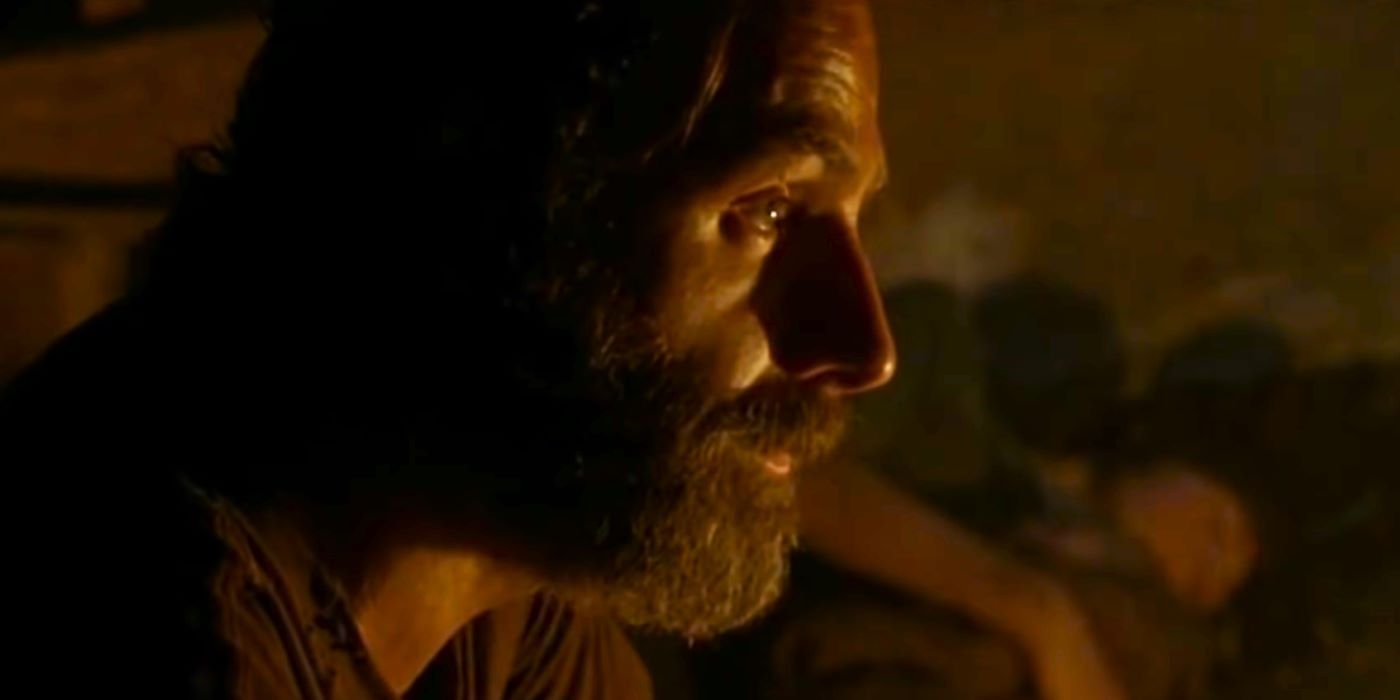
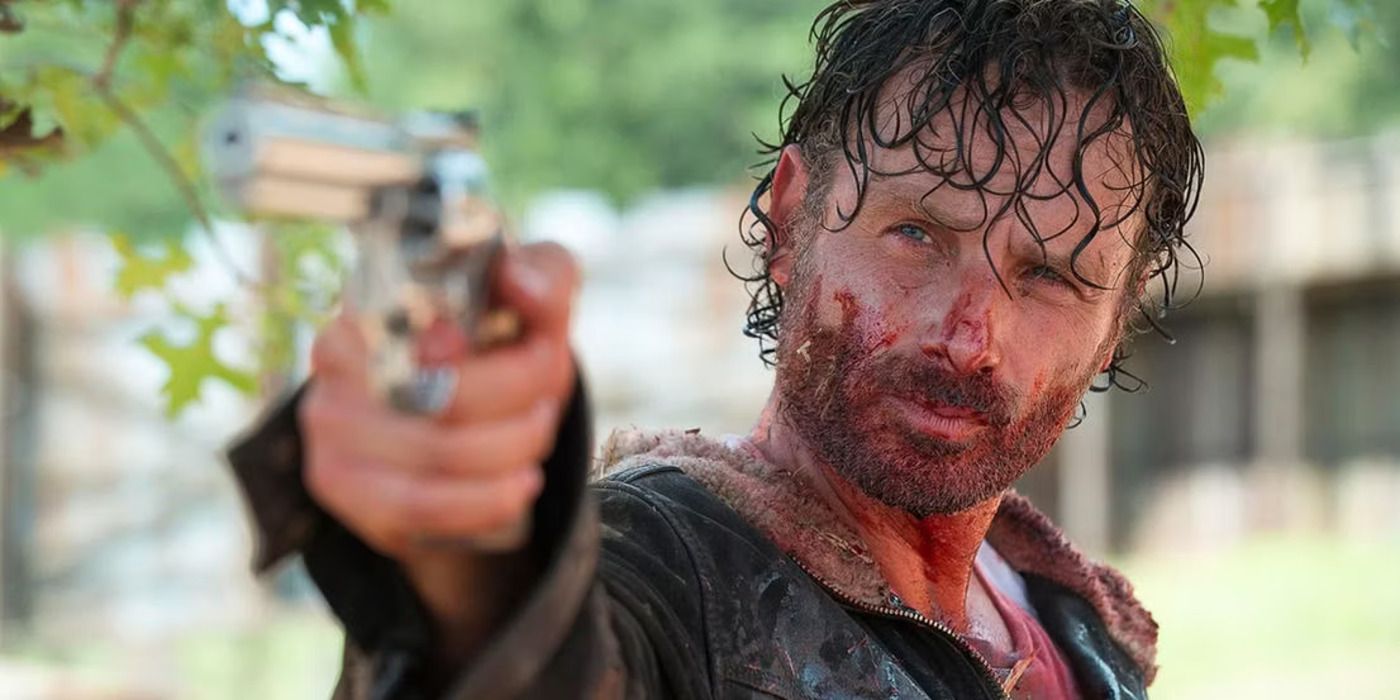

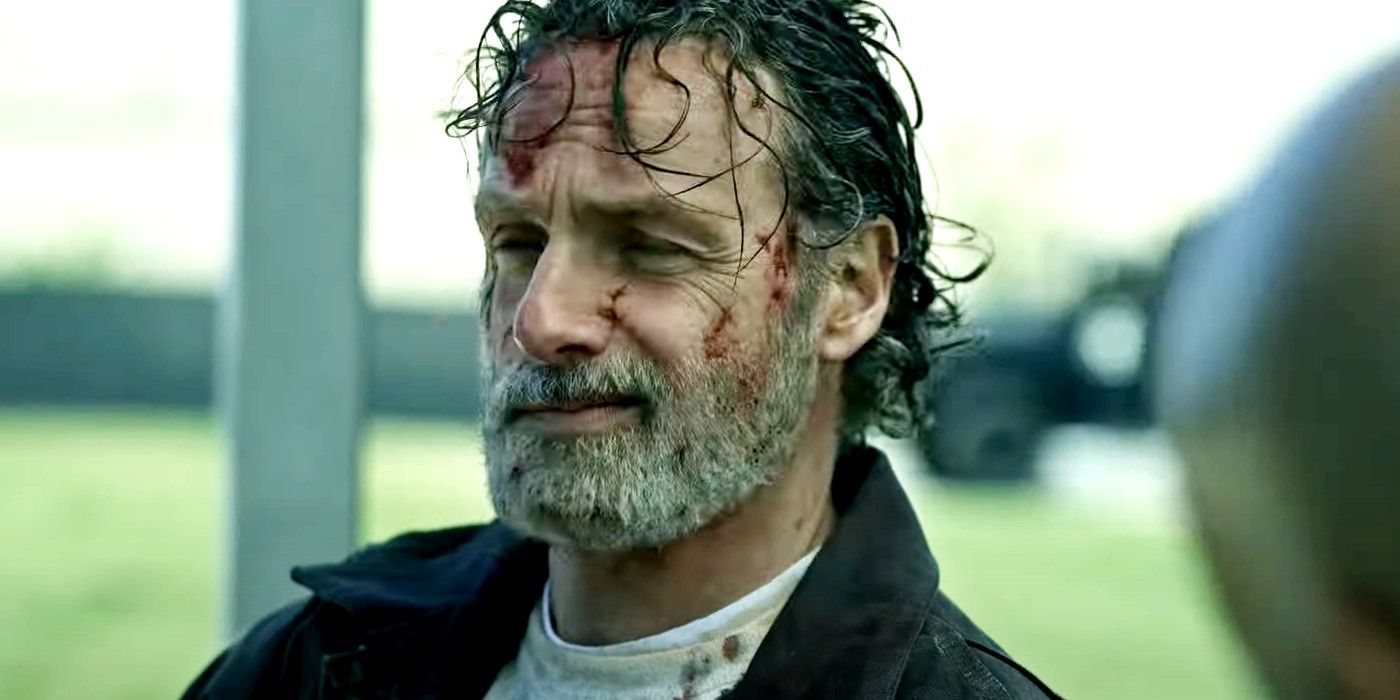
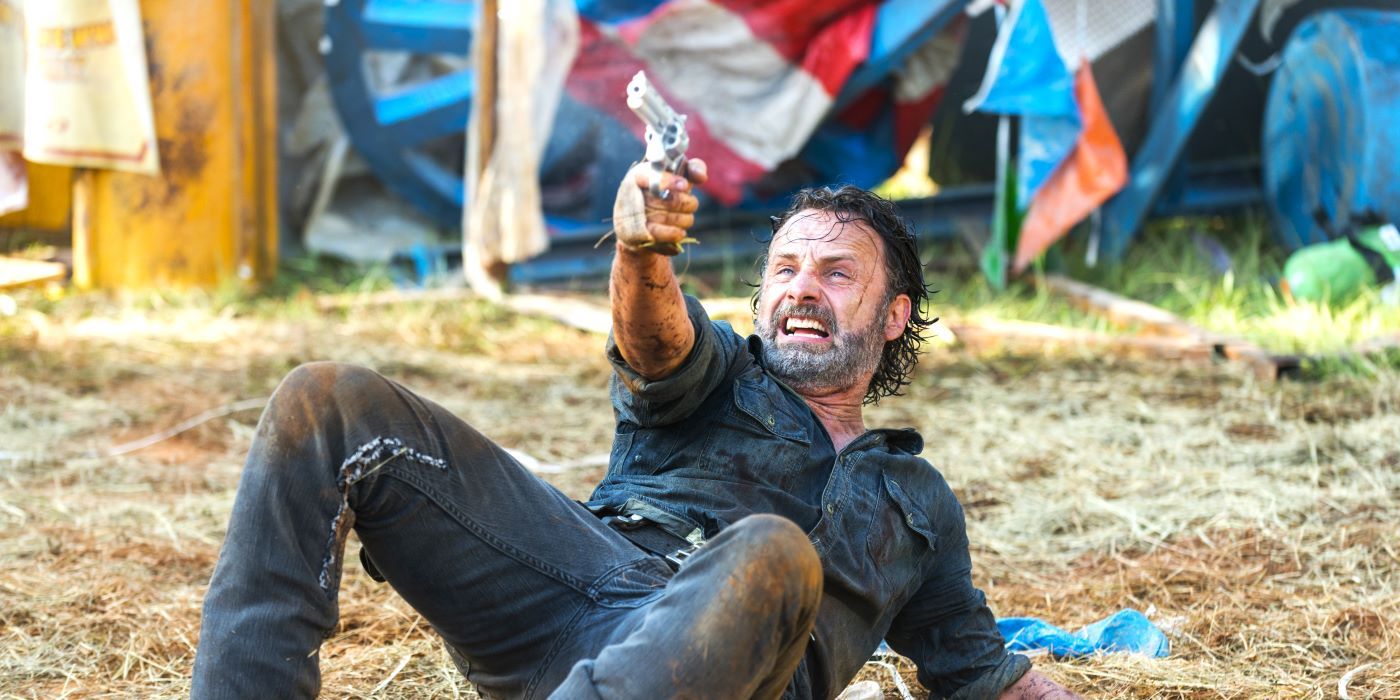





For years, the meaning of “The Walking Dead” hasn’t exactly been straightforward. Originally, it made sense to think that the term simply described the zombies, considering their nature as reanimated human corpses. And while it certainly does encompass the zombies, it also applies to the characters in the shows. In The Walking Dead season 5’s “Them,” Rick famously said, “We are the walking dead.” Rick’s claim was rooted in his grandfather’s experiences during World War II. He said that his grandfather would pretend he was dead, and that this was the key to him living through the war.
That story was what Rick used to counter Michonne’s argument when she disagreed with their current path and suggested that this wasn’t what the world should be. But Rick felt otherwise, believing that they had to adjust to it. Rick felt that this was what the zombie apocalypse had done to them, as they too had to become “the walking dead” in order to ensure their survival in the current landscape. As he explained, “we do what we need to do, and then we get to live.” In other words, they had to harden themselves so that they could deal with the decisions they’d have to make to survive.
Rick’s Tragedy Proves Daryl’s TWD Finale Speech Was A Lie
-(69).jpg)
Years after Rick’s “we are the walking dead” speech, the franchise flipped the line with a monologue from Daryl in The Walking Dead series finale. Daryl, who had actually disagreed with Rick when he dropped the original line in season 5, said in the show’s final episode, “we ain’t the walking dead.” Daryl’s comment expressed the idea that The Walking Dead’s characters had progressed beyond the state Rick had discussed all those years ago. According to Daryl, they’re not the “walking dead” because they’re better than that now, as they’ve grown to a point where they don’t have to do whatever it takes to survive.
What the CRM did to Rick goes to show that contrary to Daryl’s conviction about the world they live in, they’ve not fully moved past the moral dilemmas that plagued them in the early stages of the apocalypse.
Rick’s big moment in The Walking Dead: The Ones Who Live episode 4 is a contradiction of Daryl’s viewpoint. What the CRM did to Rick goes to show that contrary to Daryl’s conviction about the world they live in, they’ve not fully moved past the moral dilemmas that plagued them in the early stages of the apocalypse. Their situations may be different, but even now, Rick has to pretend to be dead so that he can keep forging ahead in The Walking Dead’s world. Of course, Daryl had no knowledge of the Civic Republic Military and the unfortunate impact it’s had on people like Rick.
The Walking Dead’s New Title Meaning Shows How The Story Has Changed
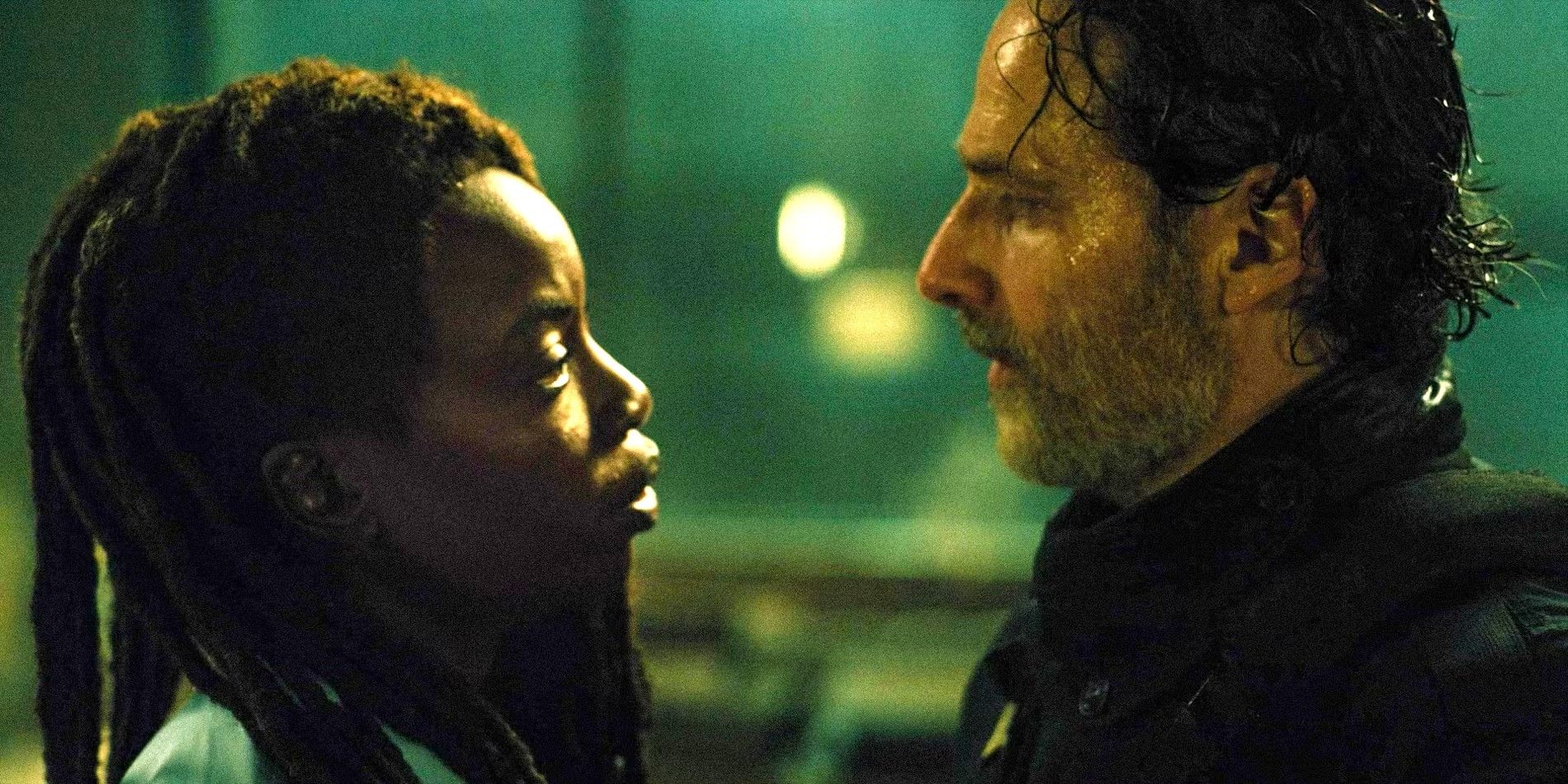
The franchise’s new take on what it means to be “the walking dead” speaks volumes about the evolution it’s gone through in 14 years. Admittedly, the idea of Rick being empty on the inside is a similar interpretation of his speech in The Walking Dead season 5, but it differs in one significant way; when the line was originally spoken, he was talking about the way the zombie outbreak had influenced their daily lives. But in The Walking Dead: The Ones Who Live, it’s the CRM that’s responsible for Rick being one of the “walking dead.”
The CRM being at the heart of the issue is evidenced by the show’s framing of the new reveal. All of Rick’s comments in The Walking Dead: The Ones Who Live episode 4 about learning “how to be dead and live” were in response to Michonne’s question about what the CRM took from him. The CRM is what slowly took away the dreams Rick had of Carl Grimes and Michonne, eventually giving rise to his present situation. The current state of the franchise being defined by how human civilization – in its efforts to rebuild – is destroying people’s humanity is a far cry from its original meaning, but that’s just another sign of how different The Walking Dead is in 2024.





